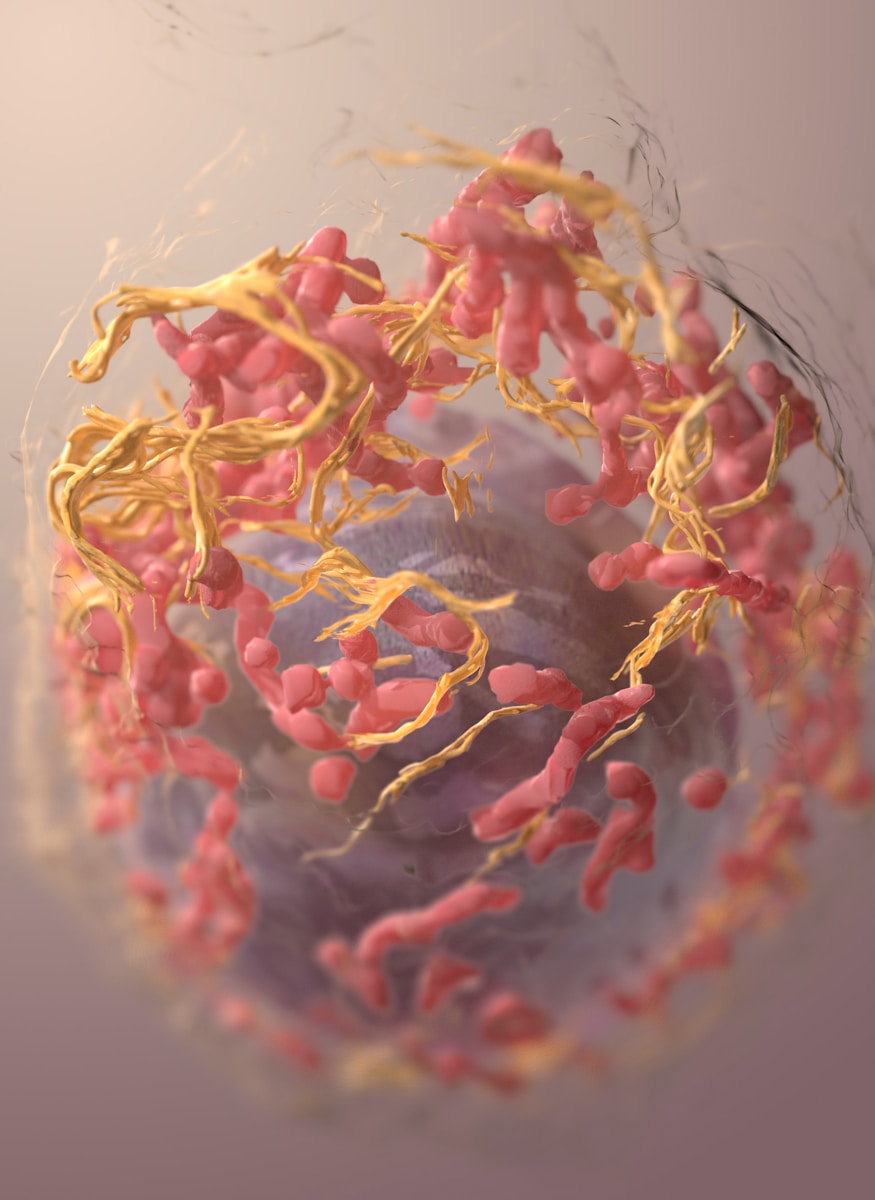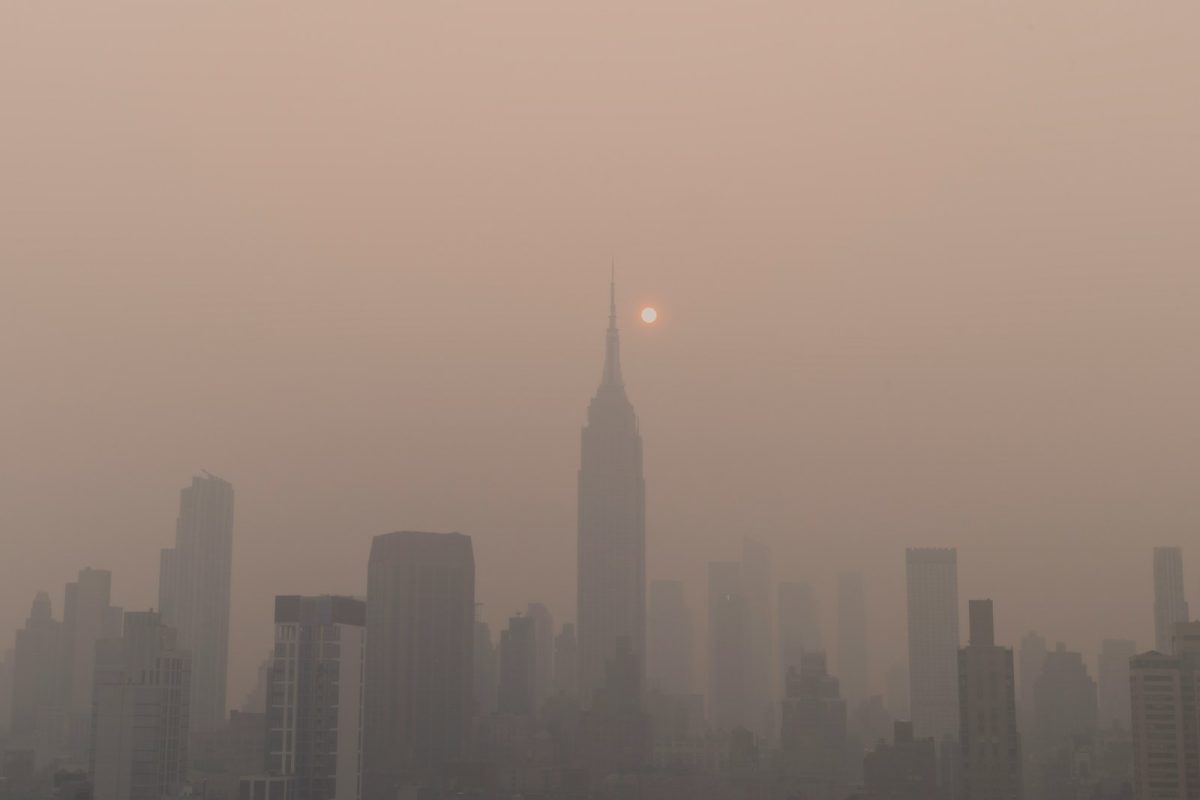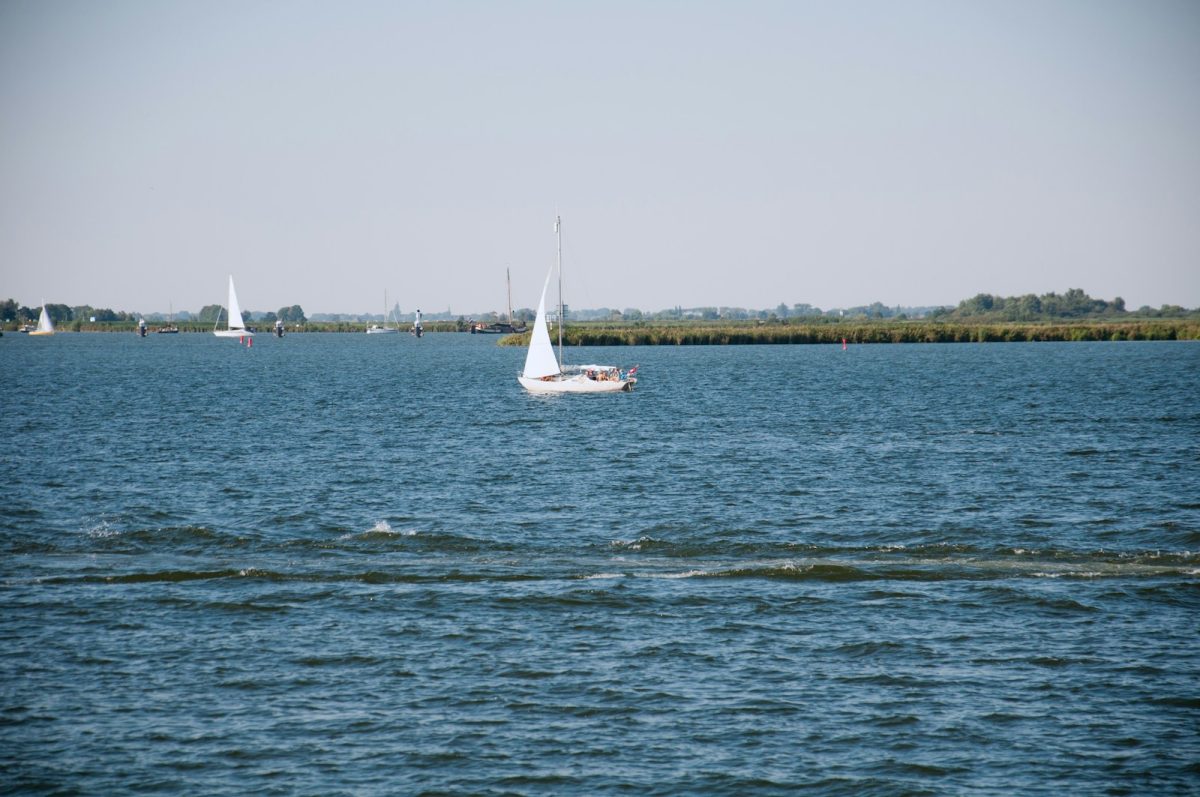Melanoma is the most deadly skin cancer. However, it is curable, if you catch it early on.
Melanoma occurs when an area around a mole changes color or the skin around it changes color. If an area of skin is exposed to high UV radiation, you are at higher risk of getting a skin condition such as Melanoma. Melanoma starts in the melanocytes cells and changes the color of a mole or the skin around a mole. Melanoma can start on any surface of the skin. For men, cutaneous Melanoma is more likely to start on the back, and for women, it is more likely that Melanoma will start on their legs.
Diagnosis for Cutaneous Melanoma or SKCM cancer, would usually mean meeting up with your GP – general practitioner – and then getting referred by the GP to a dermatologist. The dermatologist would look further at the changed area and conduct tests. There are different methods to examine the skin area. The dermatologist could take photos of the affected surface, take a closer look at the mole/freckle using a dermatoscope, or perform a biopsy, therefore taking the mole or freckle out and observing it to see if you have Melanoma.
Melanoma is curable, but the treatment also depends on how deep the Melanoma spread. Stage 1 and 2 Melanoma is cured by surgically removing the tumor. The surgery is a minor one, with a small incision, and usually cures local Melanoma. Stage 1 & 2 Melanoma survivors are around 94 % of those diagnosed with it. With the right treatment, Melanoma is very curable. Stage 3 requires removing the tumor surgically as well, but in addition to that it is recommended that the patient get a biopsy to ensure that the melanoma was local and did not spread to a lymph node which is part of your immune system. Around 60% of stage 3 diagnosed people survive. While stage 4 might seem helpless, there are still treatment plans and around 20% of Melanoma patients diagnosed with stage 4 SKCM cancer survive.
If someone you know or you get diagnosed with Melanoma, remember: You are not alone.
Related Stories:
https://www.cancerresearchuk.org/about-cancer/melanoma
https://www.betterhealth.vic.gov.au/health/conditionsandtreatments/melanoma
https://www.cancer.org/cancer/types/melanoma-skin-cancer.html
Take Action:




